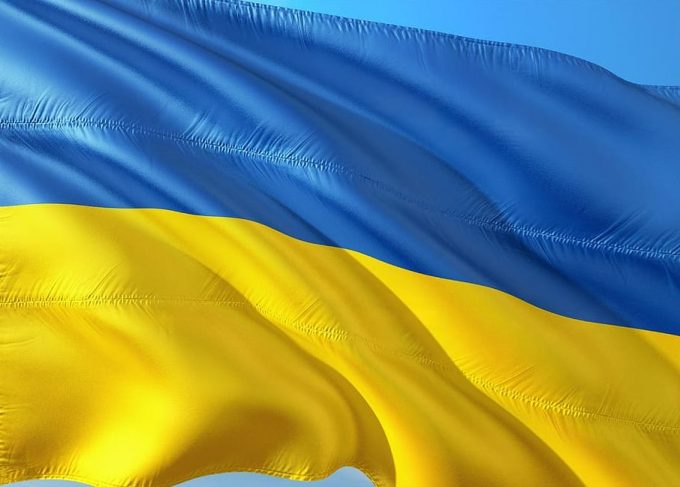Barings Emerging EMEA Opportunities saw a -29.9% NAV total return for the 12 months ended 30 September 2022. Its performance benchmark return was -20.1%. The dividend was reduced by 9p to 17p.
The company’s investments in Russia, now valued at zero, were responsible for the vast majority of the absolute decline in net asset value and also had a big impact on the fund’s revenue account. Strong returns elsewhere in the investment universe, particularly in the Middle East, meant that the portfolio excluding Russia would have registered a small positive return over the year. The portfolio had an overweight allocation to Russia before the invasion on 24 February 2022, although fortunately this had been reduced during January and February. Russian exposures accounted for about 6.5% of the trust’s relative underperformance.
Another factor was the trust’s underweight allocation to energy stocks, a strategic decision made at the time of the 2020 change of mandate, for environmental reasons. This was driven primarily by not owning Saudi Aramco, as its shares rallied sharply against a backdrop of high oil prices.
Investments in the newer markets of the Middle East were some of the best performers in absolute terms, not only in EMEA but across equity markets globally. On a relative basis, some of the strongest performers were Middle Eastern banks, which rallied against a backdrop of rising interest rates and an improving economic picture. This benefitted holdings in Qatar National Bank, Saudi National Bank and Al Rajhi.
Extract from the manager’s report
In Saudi Arabia, not owning Saudi Aramco negatively impacted relative performance as the shares outperformed against a backdrop of stubbornly high oil prices. However, we continue to prefer other compelling investment opportunities in the country, most notably within the banking sector, where mortgage issuances have accelerated. Examples of company specific opportunities include our investments in banks Al Rajhi and Saudi National Bank, which have some of the highest market shares of mortgage loans in the sector, accounting for more than 50% combined. We are also invested in local exchange Tadawul, which is benefitting from the broadening and deepening of the country’s capital markets as well as increased participation of international investors, whilst diversification into other asset classes has also provided further growth potential.
Across South Africa, performance was mixed in light of an often-volatile commodity, currency and macro environment. Diversified miner Anglo American was one such example, with the company’s share price experiencing both a period of protracted appreciation as commodity prices rose, and then a period of depreciation as a weakening economic environment dragged near-term commodity price outlooks lower. Despite volatility in the share price, we continue to believe over the medium term the company will benefit from being a major producer of platinum which, in our view, has a significant role to play in the energy transition via its use in hydrogen-powered fuel cell electric vehicles, as well as in the production of green hydrogen via electrolysis. Similarly, telecoms group MTN was one of the stronger performers earlier in the year, boasting a consumer base who rely almost exclusively on mobile devices, backed by solid growth in voice, data and fintech services. However, in the near term, the share price has given back some gains as investors weighed macro concerns in some of the company’s bigger markets, such as Nigeria and Ghana, alongside currency weakness. Multinational technology investor Naspers also detracted from relative performance, as its largest holding Tencent was impacted by broader weakness across the technology sector and uncertainty regarding the outlook for the Chinese economy. Despite the headwinds, we believe the regulatory risk surrounding the Chinese technology sector may have peaked. This can be seen in renewed game approvals by the local regulator, a key component of growth within Tencent’s business.
Stock selection opportunities across Emerging Europe remained challenging in light of the reduction of gas supplies to Europe, and the associated energy price inflation. In Hungary, equity markets moved lower in response to broad based tax and tariff increases designed to fund the country’s increasingly burdensome social transfers. This included windfall taxes on the banking sector which negatively impacted our investment in OTP. Similarly in Poland, insurance group PZU and bank PKO were weak as a result of headwinds facing the Polish banking sector in light of government imposed populist measures, including a windfall tax on the sector more broadly, alongside a one-year moratorium on mortgage payments.
Holdings in Turkey detracted over the period, led by online shopping platform Hepsiburada as the company reported earnings that fell short of market expectations. Whilst the local inflationary picture has been challenging for Turkish corporates, we expect the company to benefit from the underpenetrated Turkish ecommerce market. There were however pockets of good stock selection, with local conglomerate Koc’s diversified asset base and exposure to a number of export businesses driving solid earnings, and offering some resilience amidst a tougher economic backdrop. In Greece, our investment in National Bank of Greece was a significant contributor to returns, as the company produced strong core operating profits alongside cost reductions. Whilst historically the Greek banking sector has faced challenges, National Bank of Greece now operates with a strong capital base and a level of non-performing loans (NPL’s) comparable to banks in developed Europe.
Exposure to Russian securities accounted for a significant amount of underperformance over the period, as Russia’s invasion of Ukraine created considerable market volatility and led to exchange closures and sanctions. As already mentioned, this resulted in the Company valuing all Russian assets at zero as of the 2nd March. As a result, our positions in internet company Yandex, supermarket retailers Magnit and X5, financials Sberbank and TCS, and energy and materials exposures Lukoil and Norilsk Nickel were amongst the portfolio’s most significant detractors to performance over the period.
BEMO : Russia’s war scars Barings Emerging EMEA returns
